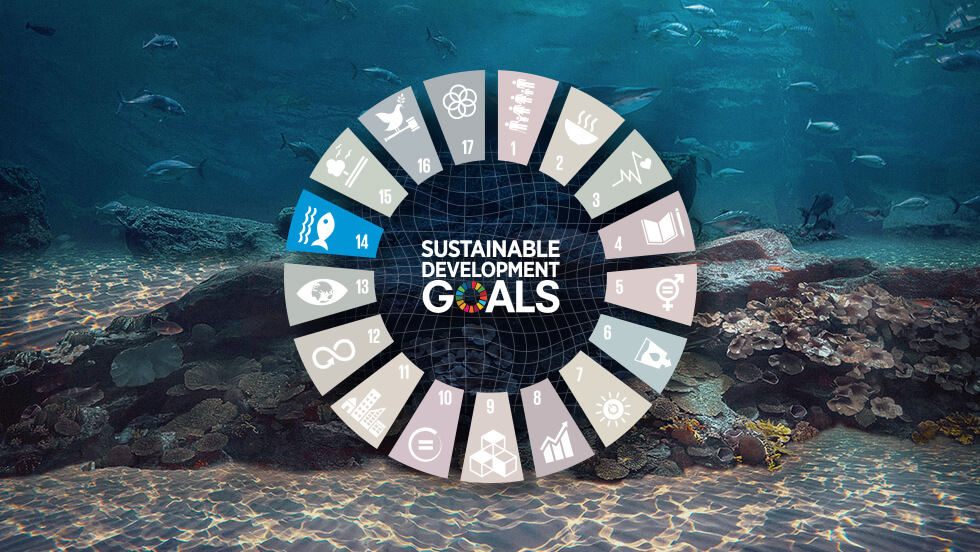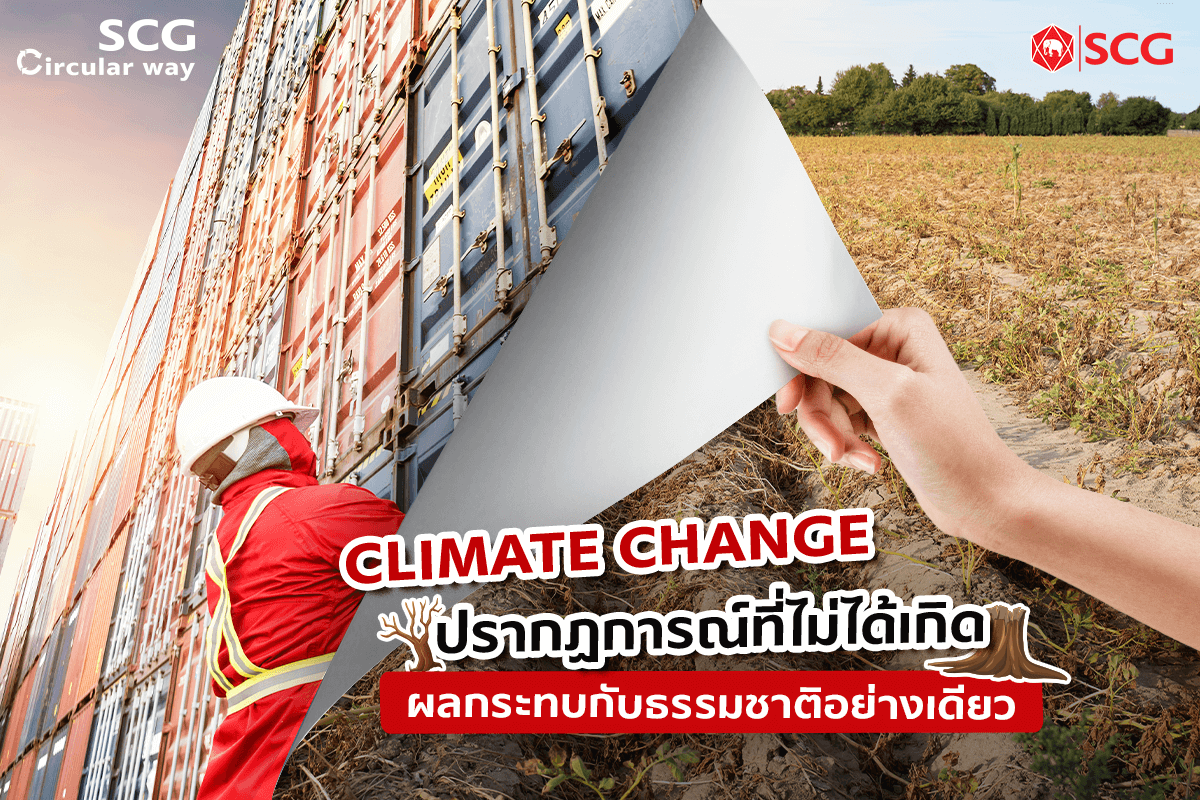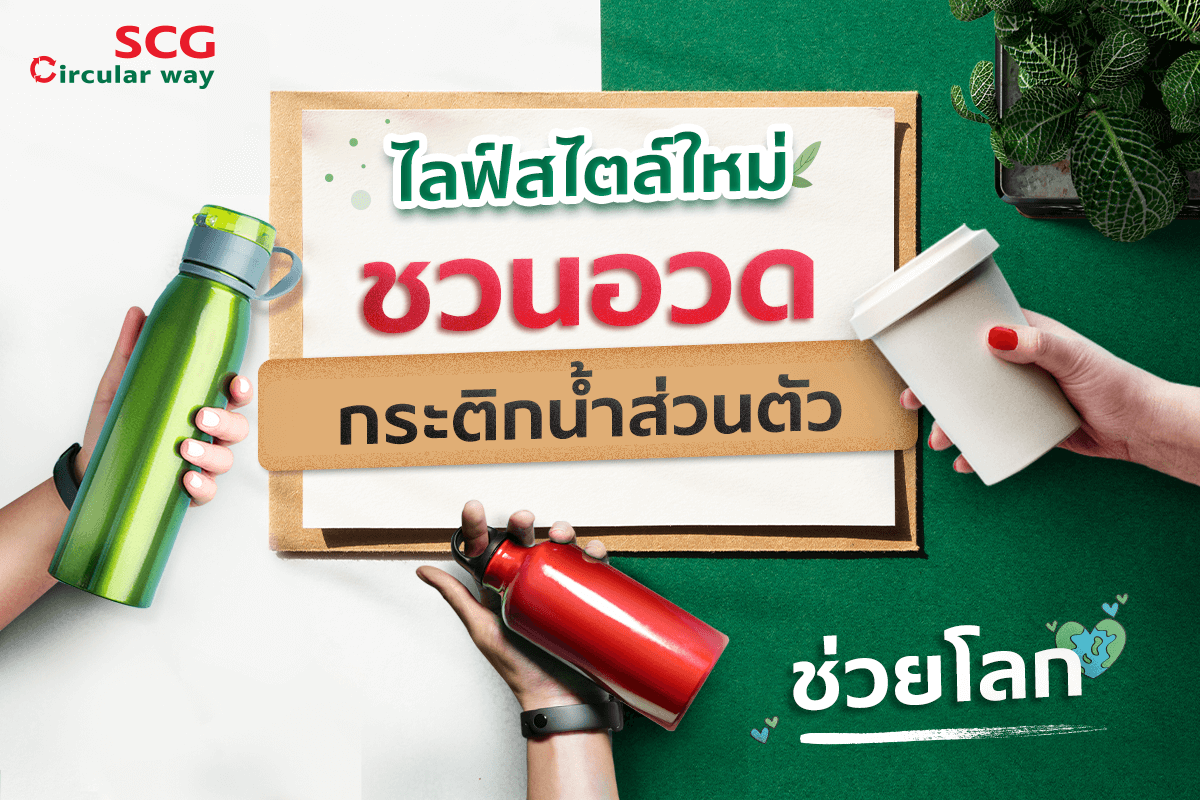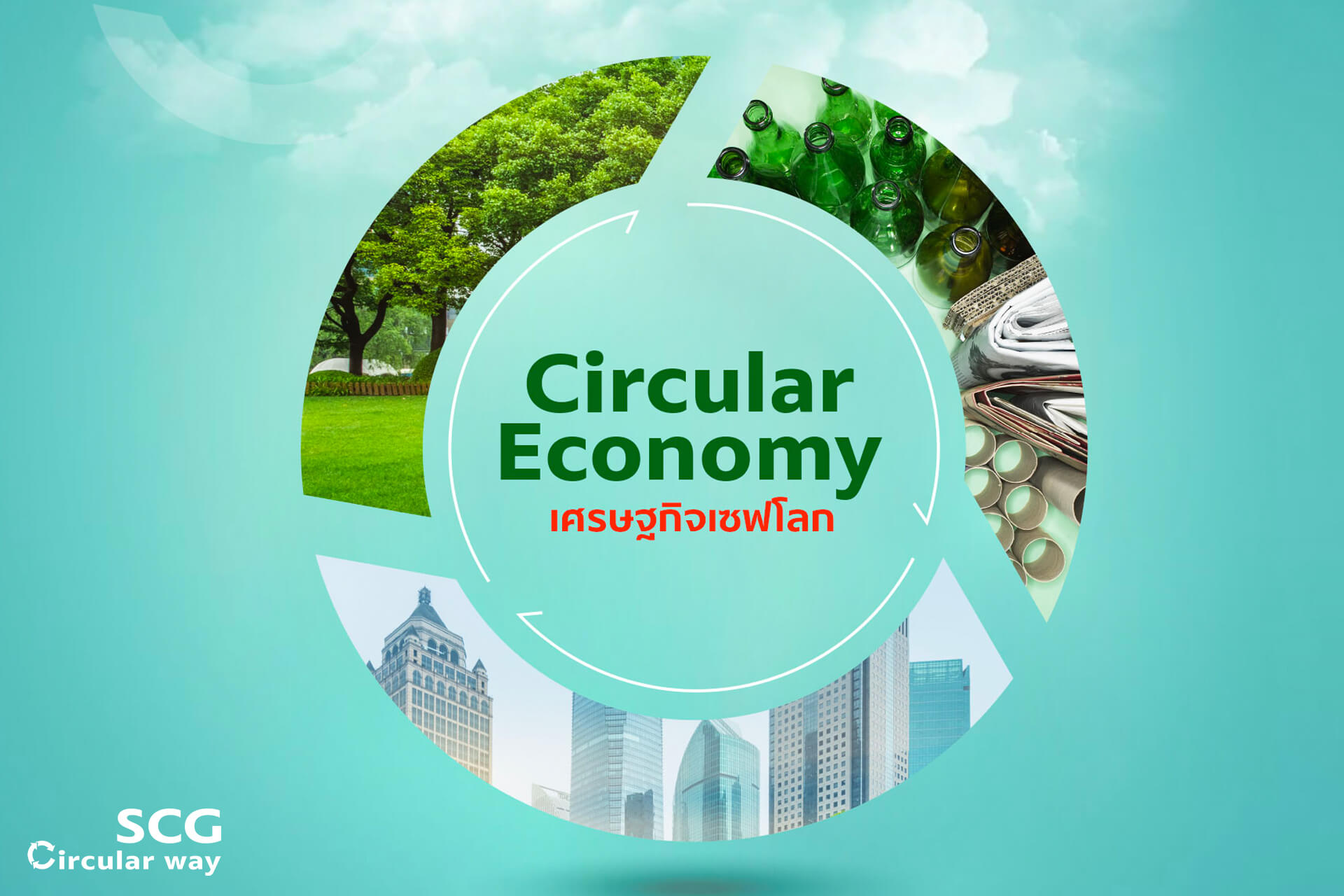In 2015, the global community, represented by world leaders, entered into agreements to establish “Sustainable Development Goals – SGDs” to transform the world for the better by 2030. One of the 17 goals that takes the world’s center stage, even in Thailand, is the sustainable use of ocean-based and marine resources with regard to reducing marine pollution and ocean waste.
Aside from increased environmental awareness, Thailand is among the countries that contributes greatest impacts on the ocean, evidenced by the wide-ranging environmental issues from waste on beaches, garbage patch, marine debris, to the death of marine mammals. The following are the waste stream origin and current marine waste situation that must be publicly addressed, in which everyone must act in concerted effort to appropriately solve the issue.
Where does the waste come from?
Tracing back the waste to its source, it found that about 80% of marine litter comes from land-based activities from the inland and coastal areas or islands, while the remaining 20% from the sea-based activities, such as fishery, tourism and cargo shipping.
How the land-based waste end up in the ocean?
Most marine waste are land-based waste that were poorly and inadequately managed and discarded both intentionally and unintentionally. Most of them are plastic waste which are light in weight and take too long to decompose. The waste are then browned by wind and currents, which then end up in the ocean.
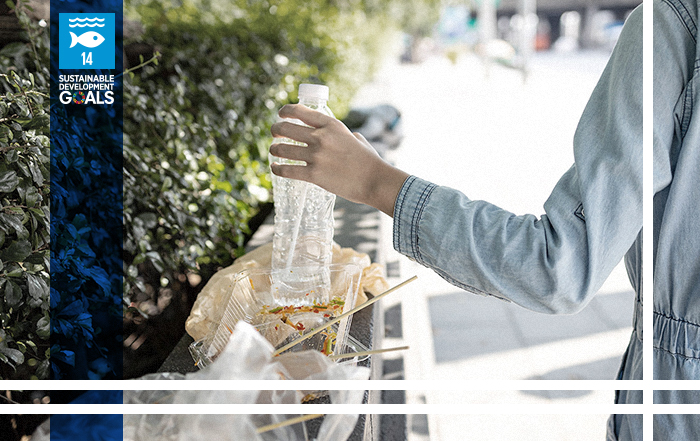
Situation of waste on beaches
There are 24 coastal provinces in Thailand, and according to the Pollution Control Department’s survey in 2018, it found that different residual wastes on beaches, coral reef and mangrove forests were: miscellaneous plastic bags (18.9%), plastic beverage bottles (8.6%), foam dishes and bowls (6.9%), glass beverage bottles (6.6%) and other wastes (28.1%).
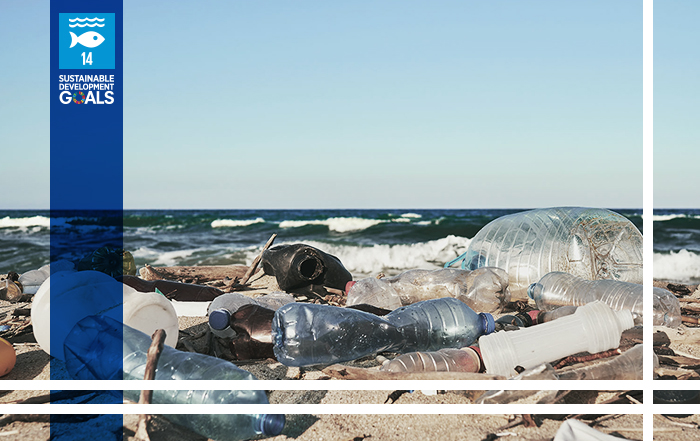
It is time for everyone to come together to prevent and solve the marine waste issue by adopting systematic waste management at source with resource maximization, correct sorting and proper disposal. The goal is to elevate Thailand from the current status of top country contributors to adverse environmental impacts on the ocean and marine resources. Starting with yourself and your next waste item, the waste must be correctly sorted and properly disposed of. These actions will help the world achieve the global effort to meet the SDGs, making the world a better place to live.
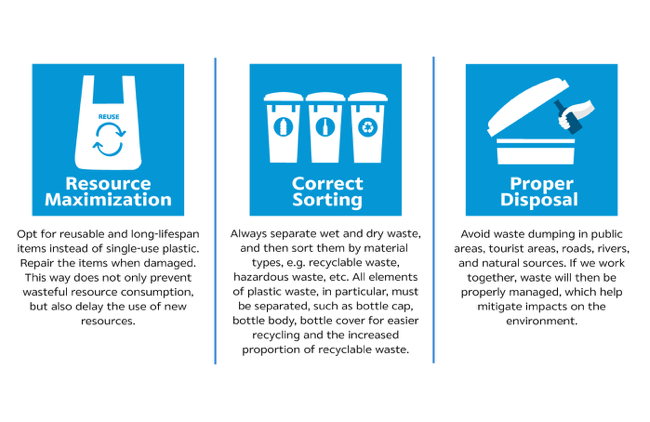
Sources:
- Discussion forum of “Sustainable Marine Waste Solution”, presented by Professor Dr. Padermsak Jarayabhand, a scholar at Graduate School of Chulalongkorn University’s Maritime Administration Program.
- Thailand State of Pollution 2018 by Pollution Control Department, Ministry of Natural Resources and Environment.


